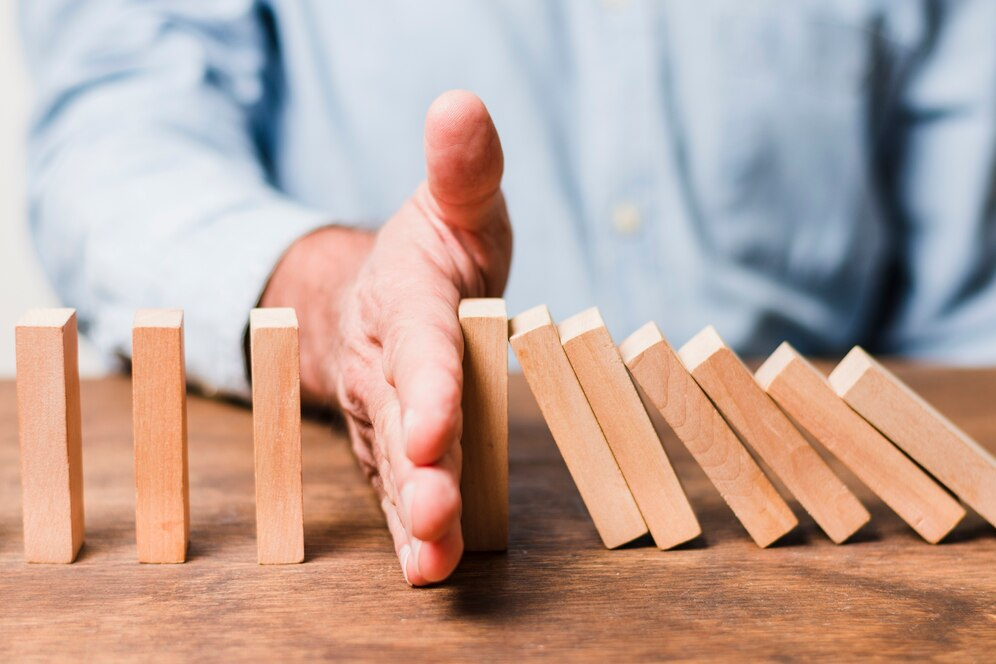Painkillers, whether prescription or over-the-counter, play a vital role in managing pain. However, improper storage and disposal can lead to serious consequences, including accidental poisoning, misuse, and environmental contamination. This guide offers practical tips for safely storing and disposing of painkillers, ensuring they remain effective and minimizing risks.
1. Safe Storage of Painkillers:
1.1. Keep Medications Out of Reach:
-
Child Safety: Store painkillers in a high, secure location, out of reach and sight of children. Consider using childproof locks on cabinets.
-
Pet Safety: Ensure medications are stored where pets cannot access them, as some painkillers can be toxic to animals.
1.2. Use Original Containers:
-
Label Clarity: Keep painkillers in their original containers, which have important information such as dosage, expiration date, and instructions.
-
Tamper Evidence: Original containers are designed to be tamper-evident, providing an extra layer of safety.
1.3. Store in a Cool, Dry Place:
-
Avoid Humidity: Keep painkillers away from humid environments, such as bathrooms, to maintain their effectiveness.
-
Temperature Control: Store medications at room temperature unless otherwise specified by the manufacturer.
1.4. Lockable Storage:
-
Secure Access: Use a lockable storage box or cabinet to prevent unauthorized access, especially if you have potent prescription painkillers like opioids.
2. Safe Disposal of Painkillers:
2.1. Follow Local Guidelines:
-
Community Programs: Utilize local medication take-back programs or events, which provide a safe way to dispose of unused or expired painkillers.
-
Pharmacy Disposal: Many pharmacies offer medication disposal services. Check with your local pharmacy for availability.
2.2. Do Not Flush Medications:
-
Environmental Impact: Flushing painkillers down the toilet can contaminate water supplies and harm aquatic life. Avoid this method unless the medication label explicitly instructs you to do so.
2.3. Dispose of in Household Trash (If Necessary):
-
Preparation: If no take-back programs are available, mix the medication with an undesirable substance (e.g., coffee grounds, kitty litter) to make it unappealing.
-
Sealed Bag: Place the mixture in a sealed plastic bag before disposing of it in the household trash to prevent leakage and accidental ingestion.
2.4. Remove Personal Information:
-
Privacy Protection: Before disposing of medication containers, remove or obscure personal information on prescription labels to protect your privacy.
3. Additional Safety Tips:
3.1. Monitor Quantities:
-
Inventory Check: Regularly check the quantity of painkillers to ensure none are missing. This helps detect potential misuse early.
-
Expiration Dates: Periodically review expiration dates and dispose of expired medications safely.
3.2. Educate Family Members:
-
Awareness: Ensure all family members understand the importance of safe medication storage and disposal.
-
Emergency Information: Keep emergency contact information and the Poison Control Center number readily available.
3.3. Use Medication Safes for High-Risk Medications:
-
Extra Security: For potent painkillers, consider using a medication safe, especially in households with individuals at risk of misuse.
4. Environmentally Friendly Disposal:
4.1. Participate in Drug Take-Back Events:
-
Community Engagement: Take advantage of community events designed to safely collect and dispose of medications.
-
Environmental Responsibility: Support efforts to reduce environmental contamination by properly disposing of medications.
4.2. Educate Yourself on Eco-Friendly Options:
-
Resources: Research eco-friendly disposal options provided by local waste management services or environmental organizations.
Conclusion:
Proper storage and disposal of painkillers are essential for preventing misuse, accidental ingestion, and environmental harm. By following these tips, you can ensure that your painkillers remain effective and safe while protecting your family and the environment. Always consult with healthcare professionals or pharmacists if you have any questions about storing or disposing of medications.




